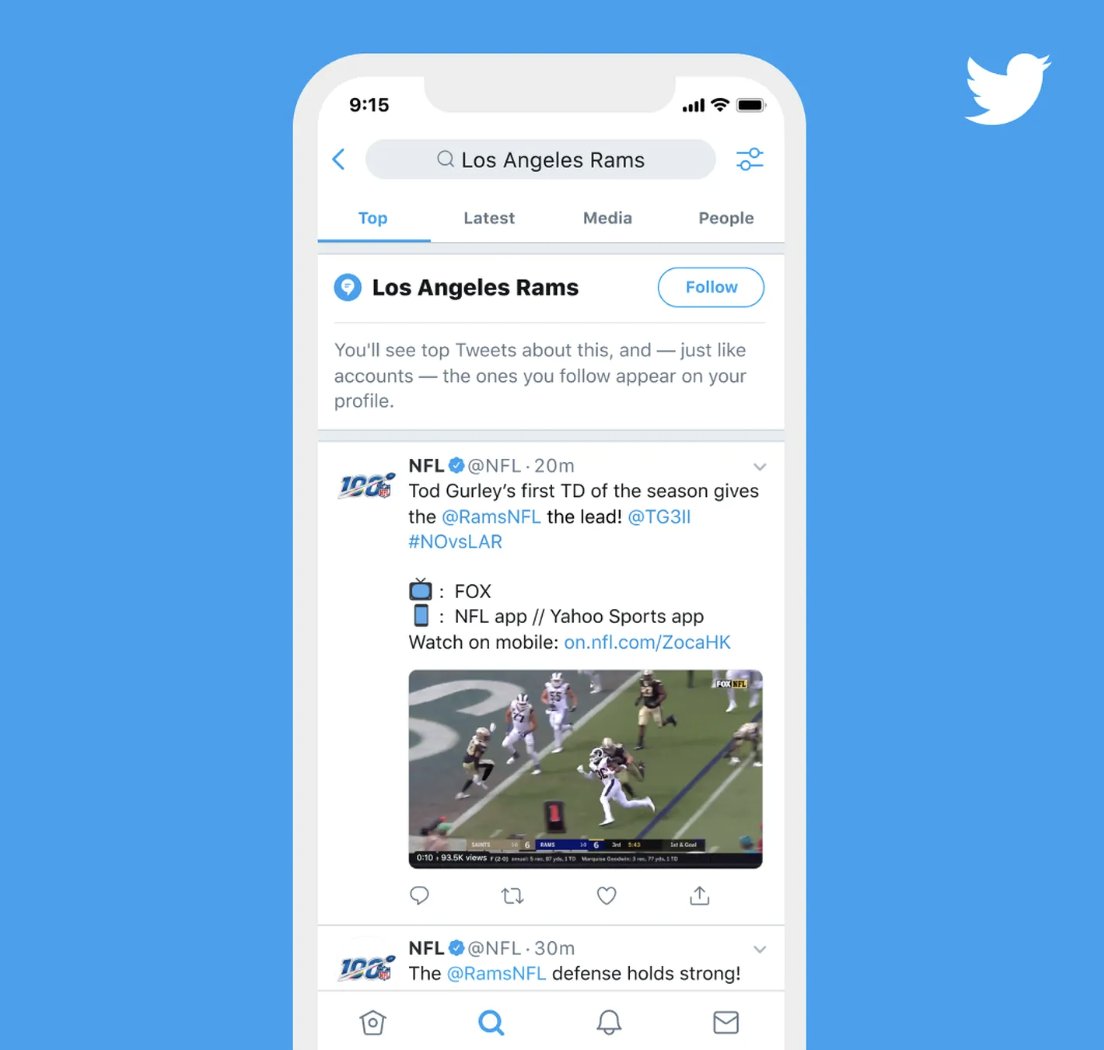Twitter has undergone drastic changes since the arrival of Elon Musk, and we Twitterers have noticed. From the increasingly recurring problems on the site, to the removal of security features, to the countless accounts that now have Twitter Blue verified, there is no longer anyone who recognizes the social network.
But the social network’s changes would also have affected something that has annoyed even Musk himself: engagement. From November until now, the “rules” that determined which tweets should be shown to users in the new “For You” tab (previously it was a Home timeline setting) have had to change, and for a tweet to go viral, new “tactics” must be used.
At least this is what Ryan Broderick, a newsletter writer at Substack who was recently interviewed by Business Insider, apparently discovered. Broderick discusses how he went from having a good interaction rate to having very few retweets since Musk came to power. After that, he began to look at which tweets “performed” best on the social network and which had the most exposure in the For You tab.

What he found was that the content that goes viral most easily is usually basic, casual topics, and that most of it was dedicated to quoting or responding to trends that had already gone viral before, creating a big snowball. Something Broderick observed in Elon Musk’s own habits, who tends to respond to and quote his own tweets on an ongoing basis.
To test his hypothesis, he first decided to write about a trending topic: the latest Ant-Man movie, also mentioning a tweet about AI that he thought was total “bullshit.” The result? More than 1,000 retweets. Quite a success. Then, he decided to try quoting a viral video about the first Captain America movie, responding to his post and also interacting with the people who commented. The tweet got nearly 8,000 retweets and millions of views.
Broderick also criticizes that, given the result, the algorithm rewards controversial contents over those that are pleasant. Something that actually happens on all social networks where content is algorithmically recommended, such as Instagram or YouTube. “Things that are 100% nice don’t tend to go viral,” he said.



